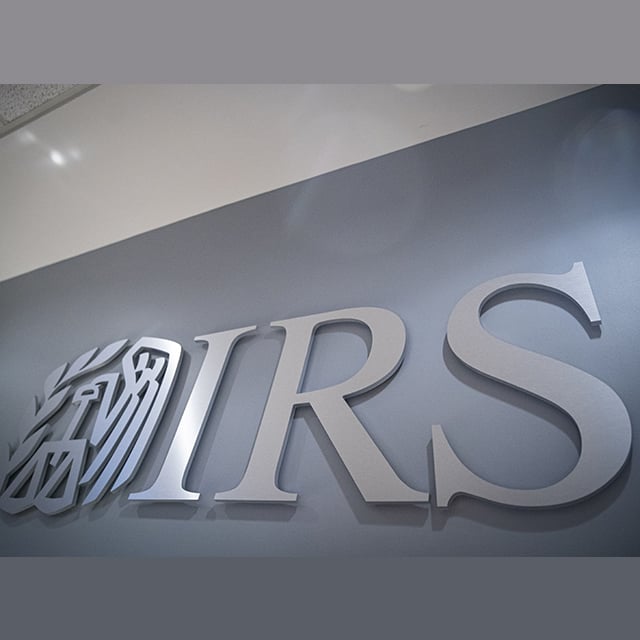How to Help Wealthy Clients Avoid Audits as IRS Cracks Down

What You Need to Know
The Internal Revenue Service has announced it plans to hire an additional 3,700 agents to scrutinize high-income taxpayers.
Meticulous recordkeeping is key for all clients, but especially for those who might find themselves as the target of these new efforts.
Pass-through entities and many alternative investments are likely focal points of this initiative.
The IRS recently announced that it is hiring 3,700 new agents as part of its focus on wealthy taxpayers, partnerships and other high earners. Related to this, the IRS has also announced that it has launched an initiative to focus on tax dodging by pass-through entities that are used by many high-earning taxpayers.
These groups have seen a sharp decline in audit rates over the past decade, according to the IRS, and an increased scrutiny on high earners could affect some of your clients. While documentation for tax purposes is not necessarily changing, working with your clients to ensure that they have proper paperwork and that they understand the rules surrounding their investments is now a bit more critical.
Here are some thoughts on these new IRS initiatives and the potential impact on your clients.
Documentation Is Key
As far as investments go, be sure that your client receives and keeps all documentation. This is standard for conventional investments such as stocks, bonds, ETFs and mutual funds held at a custodian like a broker. Even here, though, this new enforcement initiative means that your clients need to be sure they receive and have access to all records surrounding transactions, gains and losses as well as year-end statements.
When clients invest in alternatives including real estate and other investments in a pass-through entity or more complex scenarios, documentation can sometimes be lacking.
“I wouldn’t think most publicly traded investments would be cause for concern,” says Jim Blankenship, owner of Blankenship Financial Planning and publisher of the popular blog Getting Your Financial Ducks in a Row.
“I would imagine that just about any Schedule C enterprise, Sub-S Corp, limited partnership or rental activity is going to be subjected to additional scrutiny, as these have long been a haven for, let’s say, creative accounting,” he adds. “This is especially true if there doesn’t seem to be consistent income from the enterprise over time. All of these have lots of opportunity for underreported income that could help justify the expenditures associated with hiring the additional agents.”
This points to the need for spotless recordkeeping, accounting and documentation for these types of investments.
Real Estate Investing
Investing in real estate can involve a number of expenses and revenue streams. For example, if clients own a duplex as a rental property, they will receive rental income and incur a range of expenses. These can include repairs and maintenance on the property, as well as depreciation and property taxes.
Depreciation and expenditures for maintenance and upkeep should be documented so they can be proved to the IRS if needed. Ideally, your client would treat property ownership as a business with separate accounts for revenues and expenditures.
If the rental property is owned inside a self-directed IRA, it is even more important that all revenues go into the IRA and all expenses are made from the IRA. If clients decide to pay for an item to be used in the property or to do repair work themselves, this can result in a prohibited transaction that could trigger a disqualification of the property as part of the IRA and result in an unwanted tax hit.
Pass-Through Entities
Pass-through entities can include C-corps, S-corps, partnerships, LLCs and sole proprietorships. Often these are used by high-earning taxpayers as a conduit to invest in businesses, real estate, private equity, private debt and a host of other alternatives. Or they might just be the form in which their own business is set up.




